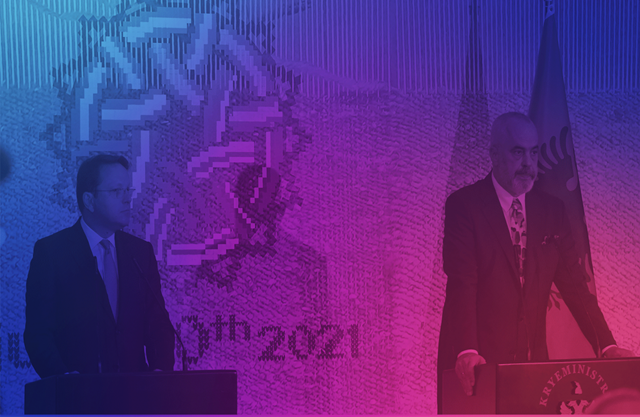AN EMPIRICAL INVESTIGATION INTO THE CORRELATE BETWEEN GOOD GOVERNANCE, FISCAL DISCIPLINE AND MACROECONOMIC MANAGEMENT IN NIGERIA: 1990-2011
By
Yekeen O. Abdul-Maliq
Banking and Finance Department
E-mail: [email protected]
University of Abuja
And
Ismaila Daddy Abubakar
Economics Department
University of Abuja
E-mail: [email protected]
Abstract
This paper examines the extent to which democracy has engendered good governance in Nigeria as it relates to fiscal discipline and economic management with particular emphasis on money supply, interest rate and budgetary management and the extent to which there have impacted on government macroeconomic objectives Applying Canonical Correlation Analysis (CCA) to quarterly data on these policy variables taken as predictors of some selected macroeconomic variables namely economic growth proxied by Real Gross Domestic Product, Inflation Rate, Foreign Exchange Rate, and Ratio of Impart to Export, covering the period 1990-2011, the study reveals that democracy governance engendered by some degree fiscal discipline has induced sound macroeconomic management in Nigeria. The research indicates that a significant relationship exists between measures put in place to achieve fiscal discipline and the cardinal objectives of economic management in terms of economic growth and price stability. The research however reveals that foreign exchange rates and ratio of import to export have not been effectively moderated hence inflationary pleasure may not be at its lowets. In order to bring inflation ad imports in more tolerable levels, it is recommended that the apparent fiscal discipline be sustained while a more dynamic foreign exchange policy is required.
JEL Classification:
Keywords: Democracy, Excess Liquidity, Inflation, Philosophy, Good Governance, Fiscal Discipline and Macroeconomic Management in Nigeria: 1990Q1-2011Q1
